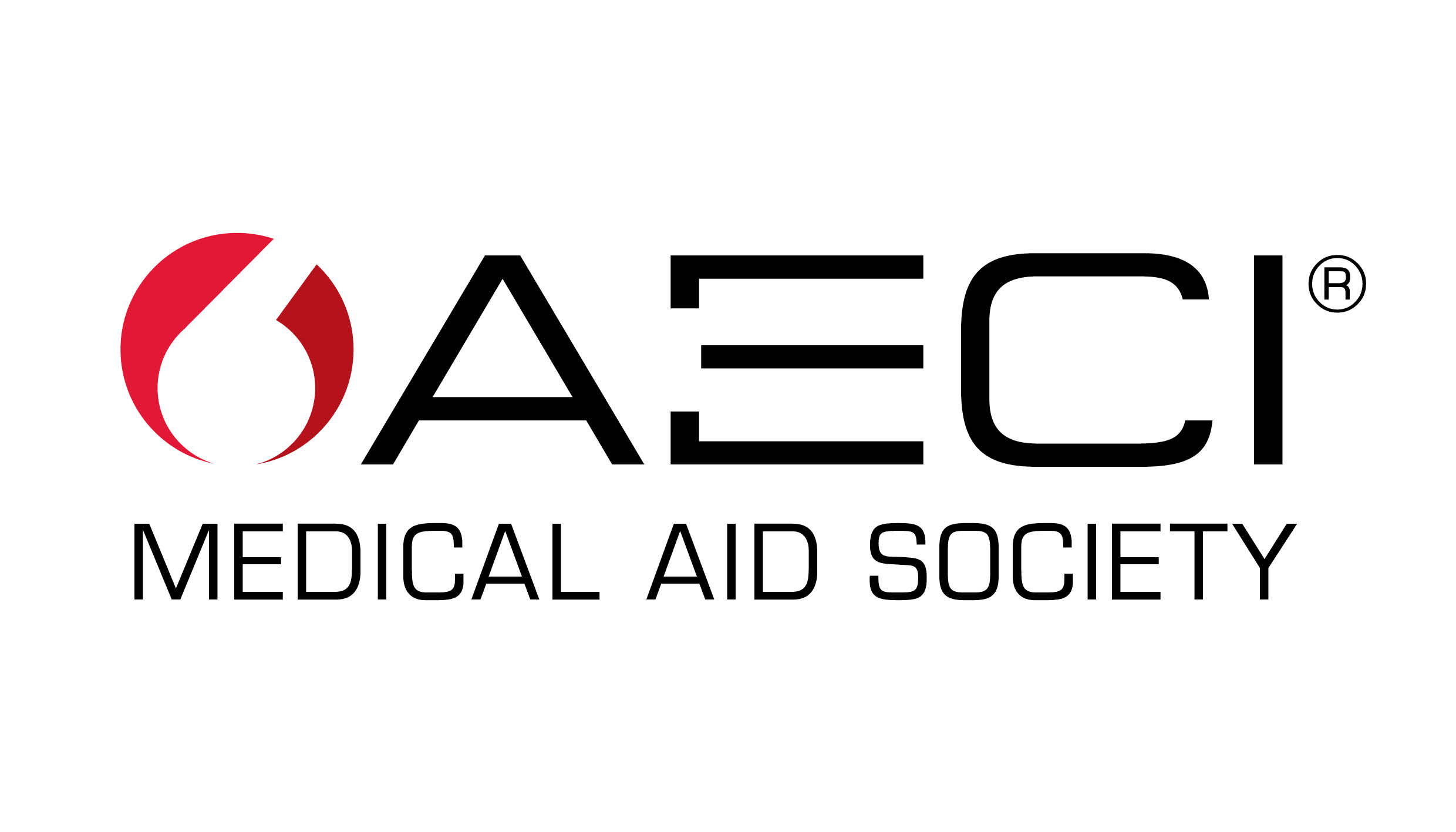Managing diabetes during pregnancy
Gestational diabetes (diabetes that develops during pregnancy) is increasing worldwide, and its prevalence in South Africa is estimated at between 1.6% and 25.8%.
Managing diabetes during pregnancy is essential to avoid extended hospital stays and increased costs – and risks to the health of both mother and child.
Managing diabetes during pregnancy is essential to avoid extended hospital stays and increased costs – and risks to the health of both mother and child.
What causes gestational diabetes?
During pregnancy, the body undergoes significant changes, some of which may impact its ability to produce sufficient insulin.
The risk for gestational diabetes increases in pregnant women:
During pregnancy, the body undergoes significant changes, some of which may impact its ability to produce sufficient insulin.
The risk for gestational diabetes increases in pregnant women:
- older than 35
- who have a BMI of 30 and higher
- with a family history of diabetes.
What are the signs?
The symptoms aren’t always easy to recognise and may be dismissed as the effects of pregnancy.
However, you should look out for the following symptoms and seek help, if necessary:
The symptoms aren’t always easy to recognise and may be dismissed as the effects of pregnancy.
However, you should look out for the following symptoms and seek help, if necessary:
- Increased thirst
- A dry mouth
- Tiredness
- An unusual need to urinate more often
- Genital itching or thrush
- Blurred eyesight
Risks of unmanaged diabetes during pregnancy
Poorly managed diabetes during pregnancy presents several risks:
Poorly managed diabetes during pregnancy presents several risks:
- An increased risk for C-sections
- Premature labour
- Pre-eclampsia (high blood pressure during pregnancy)
- Type 2 diabetes after pregnancy
- A larger-than-usual baby
- Low blood sugar in your baby
- Jaundice in your baby
- Stillbirth
Preventing and managing gestational diabetes
The first step is diagnosis, so get your blood sugar tested. Other guidelines include:
The first step is diagnosis, so get your blood sugar tested. Other guidelines include:
Follow a healthy diet
Choose healthy foods such as fruits and vegetables, whole grains and legumes, and exclude alcohol and processed foods.
Choose healthy foods such as fruits and vegetables, whole grains and legumes, and exclude alcohol and processed foods.
Regular exercise
Try yoga, walking, swimming or riding a stationary bike with the guidance of your doctor.
Try yoga, walking, swimming or riding a stationary bike with the guidance of your doctor.
Take your prescribed medication
Your doctor will prescribe medication that is both effective and safe for your body.
Not every pregnant woman will develop gestational diabetes, but if you do, visit your doctor regularly to protect your health and that of your unborn baby.
Your doctor will prescribe medication that is both effective and safe for your body.
Not every pregnant woman will develop gestational diabetes, but if you do, visit your doctor regularly to protect your health and that of your unborn baby.
References:
- https://idf.org-our-network-regions-members-africa-members-25-south-africa.html
- http://www.samj.org.za-index.php-samj-article-view-13540-10073
- https://www.diabetes.org.uk-diabetes-the-basics-gestational-diabetes-complications
- https://www.cdc.gov-diabetes-basics-gestational.html
- https://pubmed.ncbi.nlm.nih.gov-29526682/
- https://www.nhs.uk-conditions-gestational-diabetes-
- https://sweetlife.org.za-managing-gestational-diabetes-
- https://www.marchofdimes.org-find-support-topics-pregnancy-exercise-during-pregnancy
- https://www.mayoclinic.org-diseases-conditions-gestational-diabetes-symptoms-causes-syc-20355339
